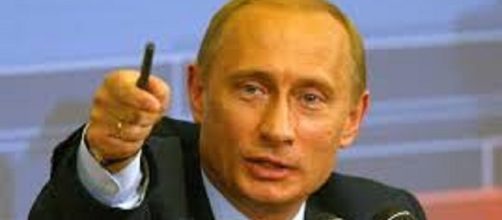Ironically, after promulgating the law which imposes new sanctions on Russia, President Trump made his stand clear that he was strongly against the measure. The law in effect punishes Moscow for interfering in the previous presidential election as well as limits Trump’s executive power to rescind the sanctions.
President Trump believed that the bill was indeed seriously flawed. And during the signing of the bill, he said that the law will really make it more difficult for the government to strike good deals for the American people. He added that this law will only draw North Korea, China and Russia closer together.
Then a surprising objection came. In a press conference, President Trump said the recently approved law would definitely hurt the European allies’ interests. Trump’s statement, in fact, was a surprise to many who know the president’s skepticism about the value of European alliances in the past. On top of that, European alliances became active partners in imposing sanctions on Russia as a result of its annexation of Crimea in 2014.
Europe reacts to new sanctions on Russia
For European leaders, the new sanctions on Russia are entirely different that is why they have been so very vocal in their opposition to the law even before its approval. According to Jean-Claude Juncker, the European Commission President, the energy market of Europe will take collateral damage by these sanctions considering that it has companies that are involved with energy-export pipelines of Russia.
The Nord Stream 2 is among these companies that will definitely be affected by the new law. Nord Stream 2 is designed to transport natural gas from Russia to Germany via the Baltic Sea. It involves a number of major European companies.
Juncker furthered that the US policy, "America First," should never jeopardize the interests of Europe.
He stressed out that if the US would brush off their concerns, the Commission is always ready to make its action within a matter of days. Germany also sent a warning to the US. The German government believed that the US was just employing the new sanctions to cover its own natural-gas interests.
On the contrary, the new sanctions on Russia will benefit the country by way of fostering a possible point of contention between the United States and its European allies.
Julia Ioffe pointed out that Russian President Vladimir Putin has been seeking to remove the European Union or at the very least peel off some of its member countries, undermining the effectiveness of the 2014 sanctions. For some people, the new law would only blemish the United States-European relationship and might damage the US-EU collaboration on the crisis in Ukraine if America’s economic interests in gas exportation were to be prioritized.


